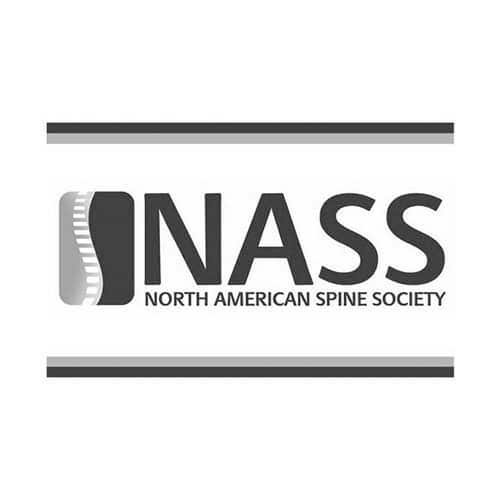Hip pain is something that everyone will experience at some point in their lives. However, chronic pain is a condition that affects certain at-risk groups more than others, and it can be a miserable experience. Yet, relief is possible through lifestyle changes ranging from easy to moderate in difficulty. So, what can you do?
Common Causes Of Hip Pain And Those Who Are Most At Risk
While this is not an exhaustive list, these are the most common causes of hip pain and what a diagnosis with any of the following can mean.
- Arthritis- Hip pain from arthritis can be characterized by discomfort in the groin and occasionally in the outer thigh and upper buttock area. This pain can grow more intense after long periods of walking or exercise or after rest when the muscles are not used for several hours. Two significant factors cause Arthritis: Osteoarthritis comes along due to an overuse of joints, resulting in the degradation of the natural padding between bones. Rheumatoid arthritis is caused by the body’s immune system attacking the joints and is commonly inherited.
- Bursitis- Bursitis is typically temporary but can become chronic over time. Bursitis is commonly caused by joint overuse, causing the bursa around large joints, like the hip, to become inflamed, painful, or tender. However, in rare cases, bursitis can be caused by infection and requires a diagnosis by a medical professional.
- Muscle Injury- While overusing your joints can eventually lead to arthritis or bursitis, muscle injury from overextension, over-use, or an accident can be just as painful, if temporary.
Lifestyle Changes To Improve Mobility And Find Relief
So, now that you know the most common causes of hip pain, what can you do at home to relieve it without medical intervention?
- Weight Management: Putting extra weight on your joints causes them to need to work harder for you. Even a few extra pounds can have a negative effect, and managing your weight is essential to reduce compounding damage. While exercise may not be appealing when you are experiencing pain, increasing your mobility will help you reduce weight and strain on your joints while allowing for greater flexibility and longer-lasting effects.
- Diet Changes: Diet changes can be directly related to weight management but go beyond maintaining a healthy lifestyle. Some foods, like dark leafy greens such as spinach, fatty fish, or even high-fiber beans, all have scientifically proven anti-inflammatory properties, which can help reduce discomfort while being healthy calories.
- Footwear Modifications: Wearing the right shoes can help reduce your hip pain immensely. When considering new footwear, go for something that gives ample arch support, fits snugly, and provides plenty of cushioning. Shoes without insoles or flat planes can aggravate pre-existing conditions.
- Ergonomic Adjustments: Finally, adjusting your posture can help reduce hip pain, especially when sitting or lying down for long periods. When sitting, try to find a chair that offers good lumbar support; if you can’t, try placing a thin pillow or rolled blanket at the base of the spine. Lie on your back rather than your side when sleeping to reduce the long-term pressure on your hips.
For Expert Care And Hip Pain Relief Contact Macomb Pain Management Today
Macomb Pain Management is your local pain management expert, and we are here to help relieve your hip pain without the need for invasive procedures and harmful medications. For a complete list of services available, click here. To schedule your introductory appointment, call us at (248) 844-8281 or visit our online scheduling tool. Don’t wait another day in pain, as early intervention is the best remedy for relief.






